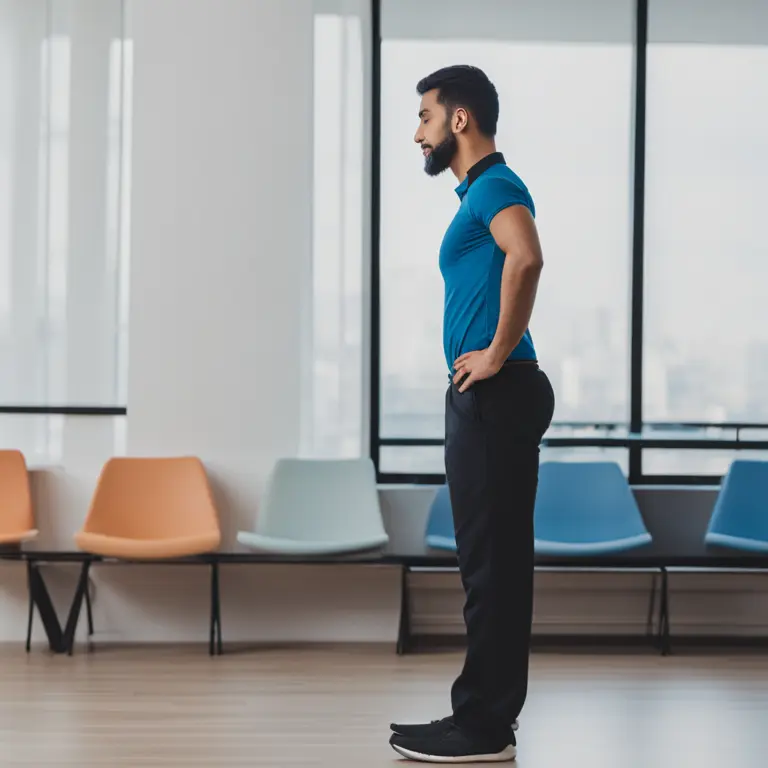
Simple Steps to Mindful Meditation
Discover the simple steps to start your journey into mindful meditation and embrace a path towards inner peace and clarity.
article by Hina Kurosawa
Introduction to Mindfulness
Meditation has been a cornerstone in various cultures for centuries, serving as a gateway to inner peace, heightened awareness, and increased mental clarity. In recent years, mindfulness meditation has emerged as a popular method for stress reduction and self-discovery. As beginners embark on this transformative practice, it's essential to approach mindfulness with patience and open-mindedness. This article offers a step-by-step guide to beginning your mindful meditation journey, providing you with the tools necessary to cultivate a tranquil and attentive state of being.

Creating Your Space
To commence your practice, designate a peaceful area that promotes relaxation and focus. This space doesn't require elaborate setup; a comfortable cushion or chair and a quiet environment will suffice. Ensure that the area is free from clutter and distractions – this facilitates an atmosphere where you can dedicate yourself wholly to the art of mindfulness.

Adopting a Comfortable Posture
Your physical comfort is paramount during meditation. Settle into a position that is both alert and relaxed, whether seated cross-legged, kneeling, or in a chair with feet flat on the ground. Maintain a straight yet unstrained spine and rest your hands gently on your knees or in your lap. Find balance in your posture that supports an attentive yet restful state for the duration of your practice.

Understanding Mindfulness
Mindfulness is the practice of being intensely aware of what you're sensing and feeling at every moment, without interpretation or judgment. It involves a conscious direction of our awareness. We can observe our thoughts and emotions but let them pass without getting caught up in them. This allows individuals to gain insights into their mental patterns and achieve a state of mental tranquility.
Engaging in the Practice
Begin your meditation by focusing on your breath. Inhale deeply through your nose, expanding your diaphragm, then exhale slowly, feeling the sensations as the air leaves your body. When your attention drifts to thoughts, sensations, or noises, gently redirect it back to your breathing. This is not about stopping thoughts but rather recognizing them and returning to your breath as a point of focus.
Setting a Timed Practice
As a beginner, start with short sessions – around five minutes – and gradually increase the duration as your concentration improves. Using a gentle alarm can assist in keeping the time without the distraction of having to check a clock. With continual practice, your ability to meditate for longer periods will naturally evolve.
Incorporating Mindfulness into Daily Life
Beyond the designated meditation time, strive to integrate mindfulness into daily activities. Pay attention to the details of your routine tasks, whether it's feeling the water on your hands while washing dishes or sensing the ground under your feet as you walk. This mindfulness in daily actions helps fortify the benefits experienced during formal meditation.
Published: 1/18/2024
Modified: 1/18/2024
More predictions
Come back here soon to learn more about yourself and your future


Can Meditation Manage Depression?
Discover how meditation can contribute to managing depression, its potential benefits, and the connection between mindfulness and mental health.


How Meditation Reshapes Our Brains
Discover the transformative power of meditation and its profound impact on brain structure and function in this insightful article.


The Significance of Modern Meditation
Discover the crucial role meditation plays in fostering well-being, focus, and balance in today's fast-paced world.